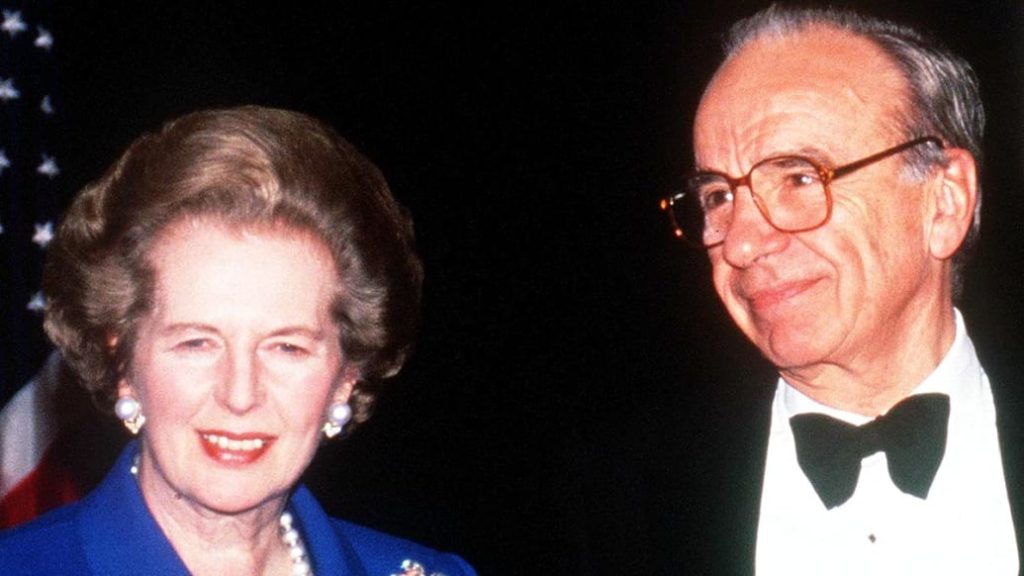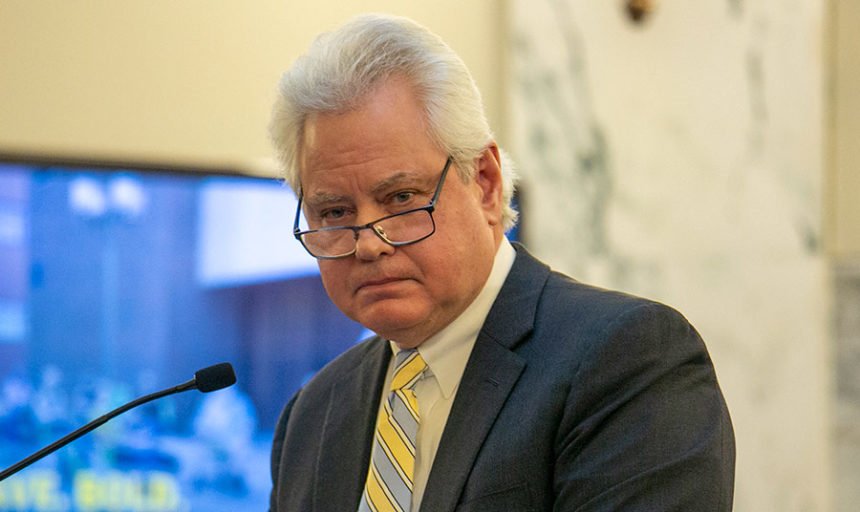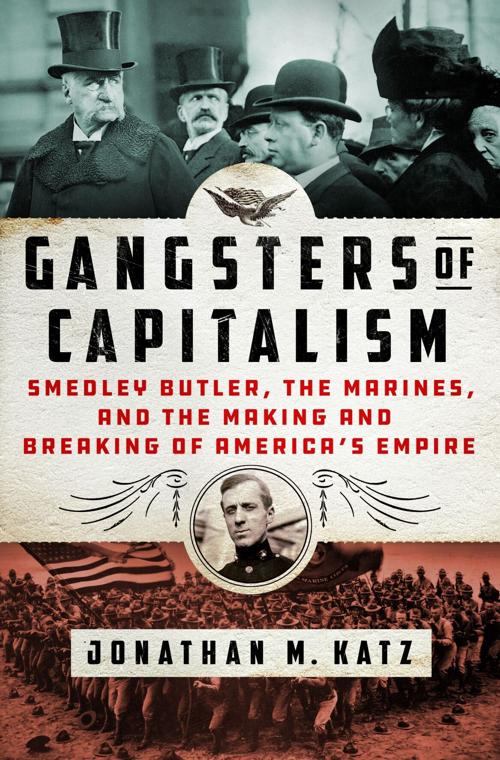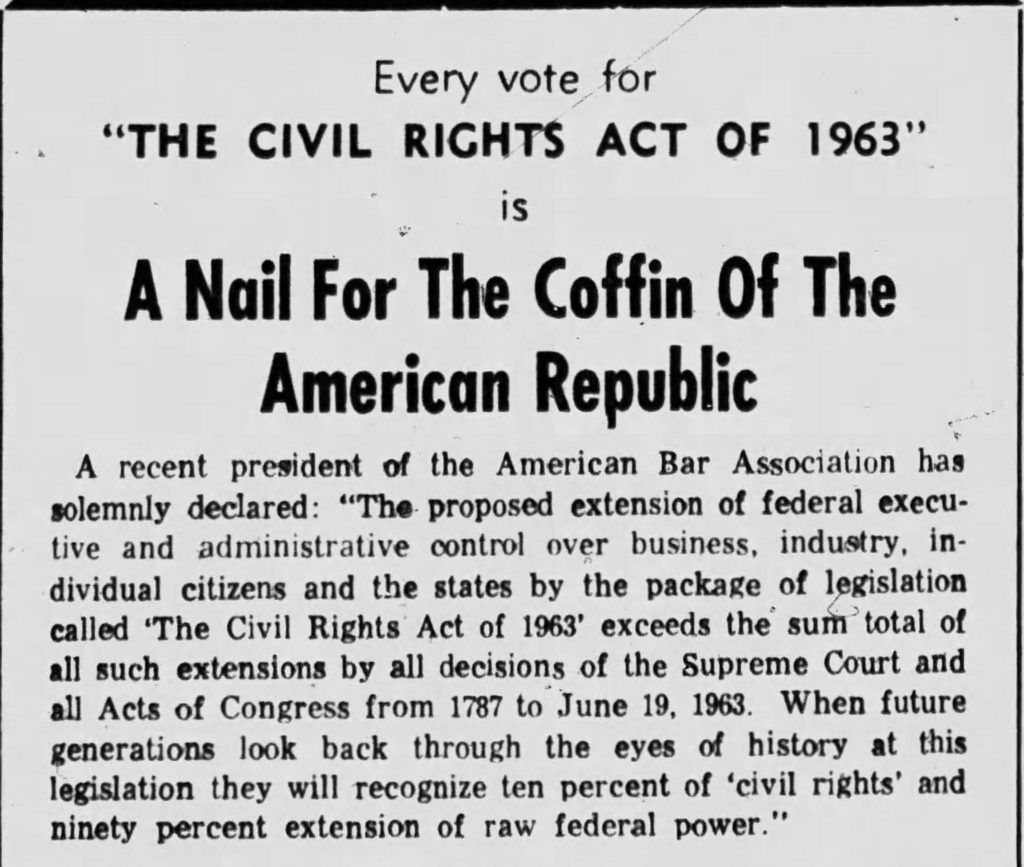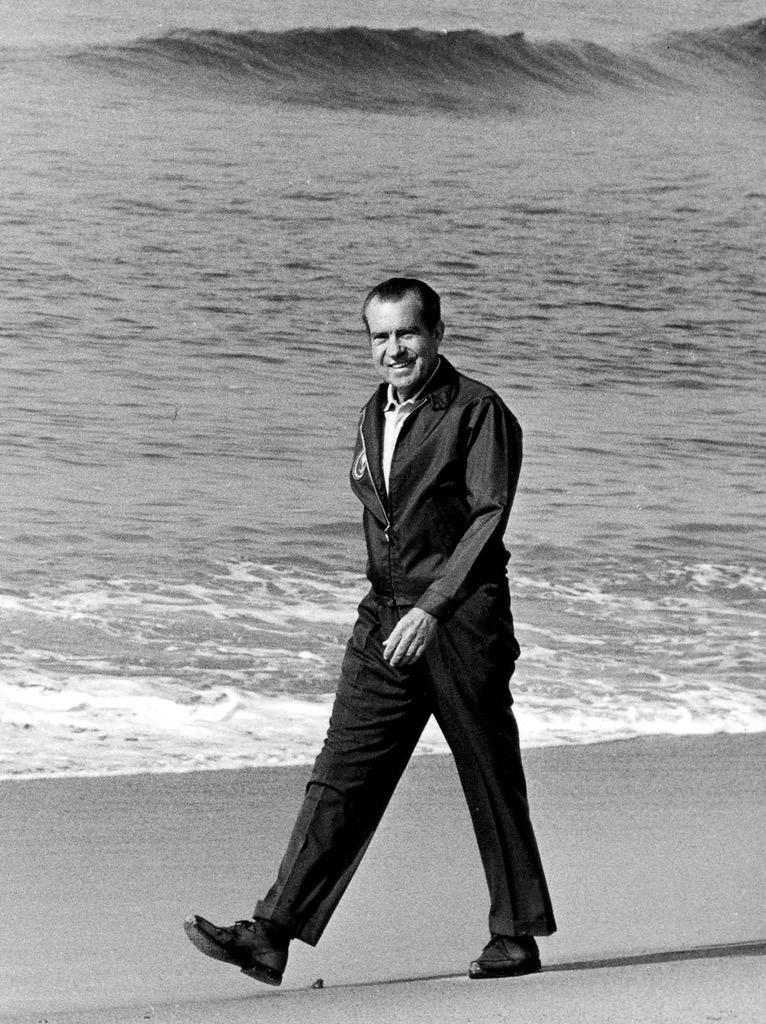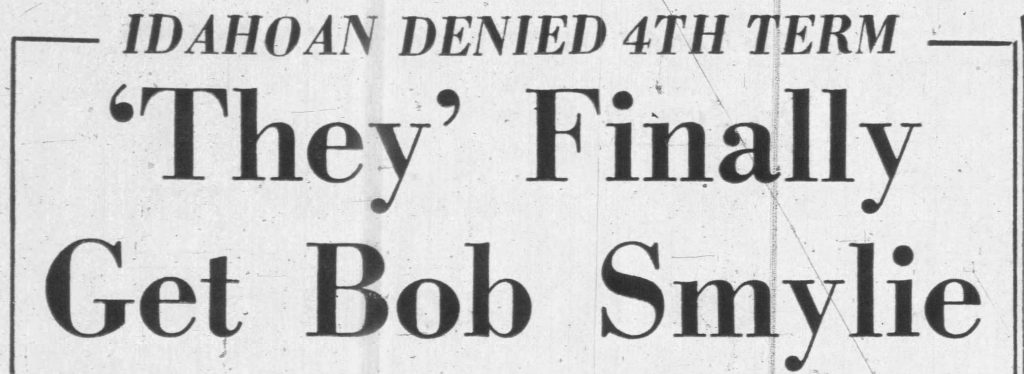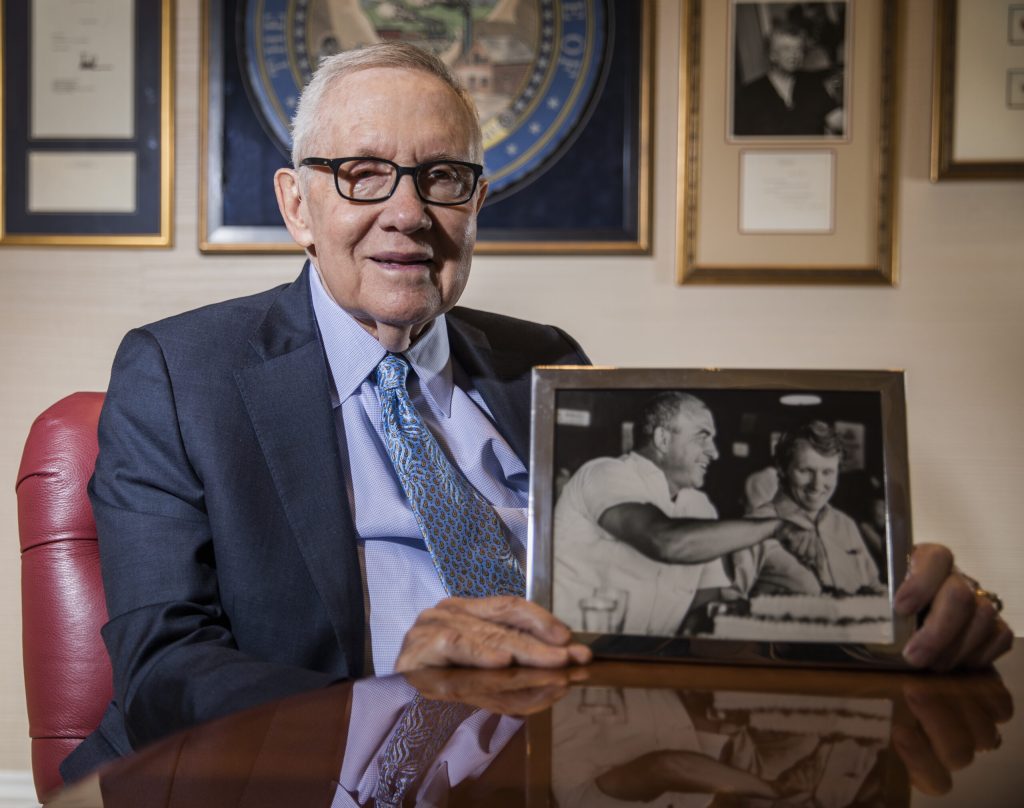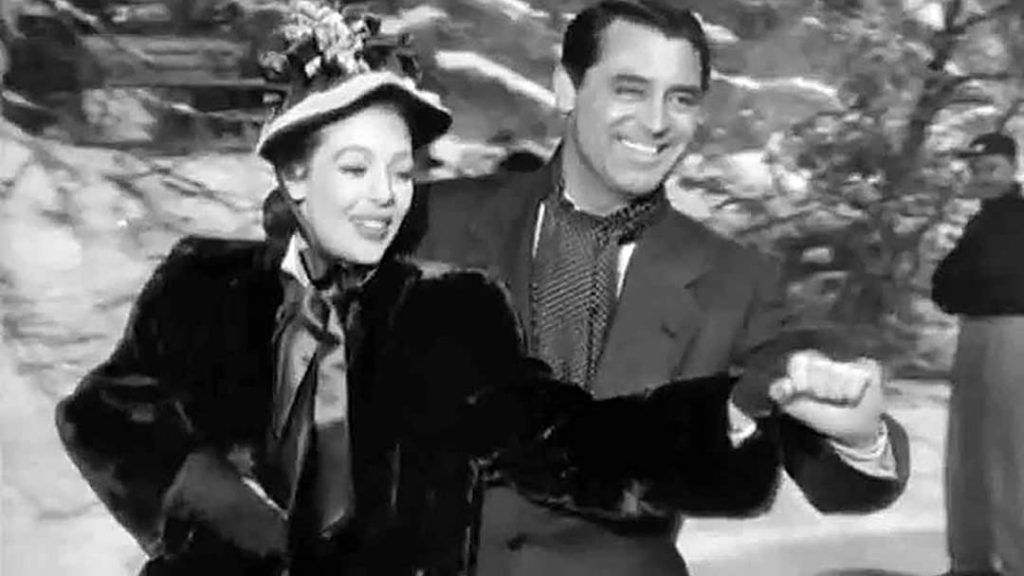Friends:
I’m on a two week hiatus from my Friday column. I’ll be back in your inbox the week of March 7.
Meanwhile, there is plenty going on in the world. I’m hoping some of these pieces will be of interest. I found them all valuable.
All the best.
Understanding the Ukraine Crisis: A Comprehensive Reading List
An extensive list of titles to help you make sense of the senselessness Russian invasion of Ukraine.
From Lit Hub. Here is the link.
One book on the list – Red Famine – by the superb historian and analyst of Eastern Europe Anne Applebaum. The Economist rated the book one of the best of the year when it was published in 2018.
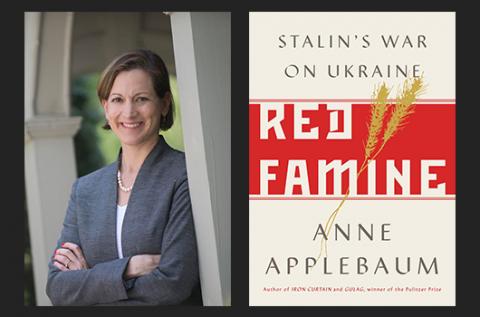
“From the author of the Pulitzer Prize-winning Gulag and the National Book Award finalist Iron Curtain, a revelatory history of one of Stalin’s greatest crimes–the consequences of which still resonate todayIn 1929 Stalin launched his policy of agricultural collectivization–in effect a second Russian revolution–which forced millions of peasants off their land and onto collective farms. The result was a catastrophic famine, the most lethal in European history. At least five million people died between 1931 and 1933 in the USSR. But instead of sending relief the Soviet state made use of the catastrophe to rid itself of a political problem. In Red Famine, Anne Applebaum argues that more than three million of those dead were Ukrainians who perished not because they were accidental victims of a bad policy but because the state deliberately set out to kill them.”
Ghosts of Ukraine
I’ve known the author of this piece, Dean Bakopoulos, for a long time. Dean is a novelist, screenwriter and teacher and once directed the Wisconsin Humanities Council. His recent essay about his Ukrainian grandparents is both profoundly sad and important in a totally relevant and uplifting way.
“I thought of them both this week, of course, my Dido and Baba, as Vladimir Putin sent Russian troops into Ukraine. I’d known this day was coming—Ukrainians knew it in their bones—but I did not expect that I would burst into tears, or that I would cry off and on all night and most of the next day, unable to sleep, or work, or eat. Instead, I scrolled through Twitter and watched the situation get worse and worse until it began to resemble how Stalin’s genocidal campaign began in the 1930s and ’40s. It appeared to be the same kind of darkness, the same reckless evil, and the same violent hatred that my grandparents had fled. The only thing that had changed was the name of the despot.”
The Long Crusade of Clarence and Ginni Thomas
A remarkable piece of reporting here from the New York Times.
“The Thomases have long posed a unique quandary in Washington. Because Supreme Court justices do not want to be perceived as partisan, they tend to avoid political events and entanglements, and their spouses often keep low profiles. But the Thomases have defied such norms. Since the founding of the nation, no spouse of a sitting Supreme Court justice has been as overt a political activist as Ginni Thomas. In addition to her perch at the Council for National Policy, she founded a group called Groundswell with the support of Stephen K. Bannon, the hard-line nationalist and former Trump adviser. It holds a weekly meeting of influential conservatives, many of whom work directly on issues that have come before the court.”
I know it’s an old fashioned notion, but Supreme Court justices – at least in the last 60 years or so – have not been so blatantly political as Justice Thomas and his wife. If nothing else, the story puts the lie to notion that only “liberal” Supreme Court justices are political activists.
And, yes, it is high time for enforceable ethics rules for members of the Supreme Court.
Jack Palance Vs. Vladimir Putin
I confess to being astounded that there are significant numbers of Americans on the political right – like Donald Trump – who have actually offered praise for Putin or found ways to justify his unjustifiable actions in Ukraine.
Such behavior should be disqualifying for any politician, but here we are.
That makes this remarkable story by critic Sonny Bunch about the actor Jack Palance even more telling.
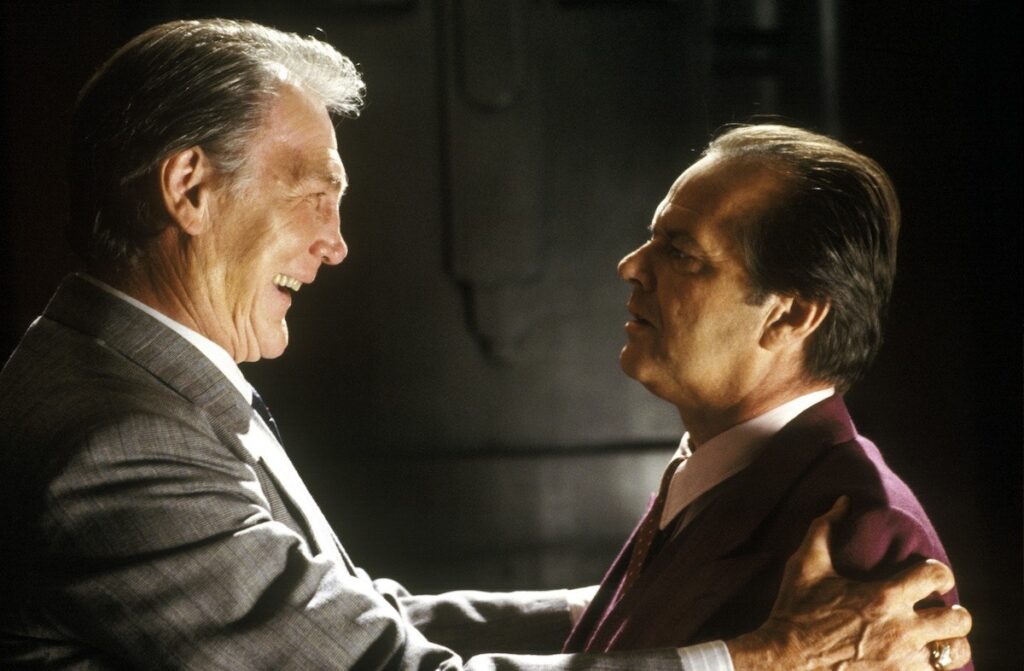
“Jack Palance was not born Jack Palance; like so many movie stars, he changed his name to something a bit more palatable to the ticket-buying public (though the ticket-buying public was buying tickets to see him box at that time). And that’s how Volodymyr Palahniuk became Jack Palance.
“My point: his parents were Ukrainian immigrants and Palance remained proud of his heritage to the end of his life. In 2004, he was asked to accept an award at an event sponsored by the Russian Ministry of Culture. When he was introduced to accept the award, he took the stage and said: “I feel like I walked into the wrong room by mistake. I think that Russian film is interesting, but I have nothing to do with Russia or Russian film. My parents were born in Ukraine: I’m Ukrainian. I’m not Russian. So, excuse me, but I don’t belong here. It’s best if we leave.”
“And then he walked out.”
Whoo…great piece.
Making the simple impossible: We don’t want to admit the real worker shortage problem
Absolutely great journalism is being done in many states by non-profit outlets like The Daily Montanan. I can’t recommend enough the work of these folks.
Here is Daily Montanan editor Darrell Ehrlick on a story hiding in plain sight.
“The workforce shortage issue is being framed as an economic problem – employers can’t find enough workers and wages don’t seem to entice them.
“Yet, maybe there are drivers of this wave of joblessness that we all know, but don’t really want to tackle. Maybe we just don’t like what the workforce shortage is telling us, and so we search for other more complex, nuanced interpretations.
“As an observer and reporter, I think maybe the answer to the workforce shortage is a combination of time and fatigue.”
Here’s a link to Darrell’s piece:
Thanks for following along. Stay strong. Pray for the good people of Ukraine.




